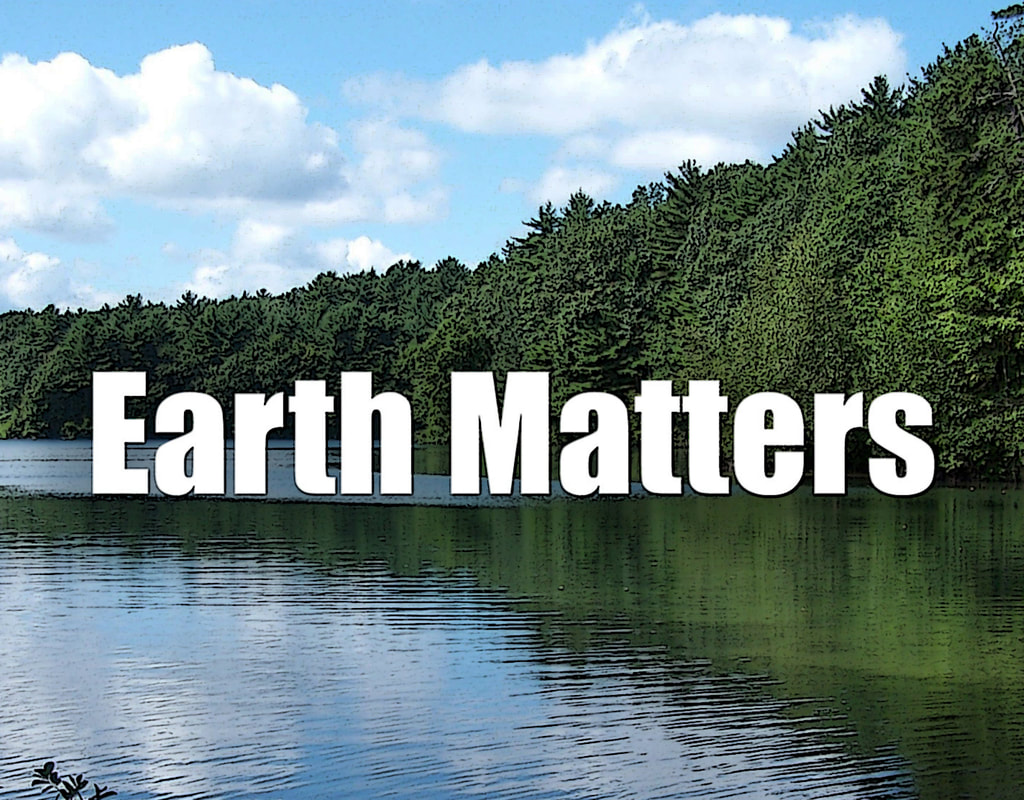|
John Prine touched my musical soul for the first time when I was still in high school. So when I heard that the prolific folk-rock artist died from complications of COVID-19 earlier this month, I must admit I got a bit teary-eyed. Prine was one of those gifted artists who was able to tell great stories through his music, singing of love, war, heartbreak, loneliness, and even the environment.
While not the most famous of singer/songwriters, he was among the most celebrated by his contemporary peers. Though none of his songs ever climbed to the top of the charts, his material was covered by a host of celebrated artists, including Johnny Cash, Bonnie Rait, John Denver, George Strait, and Kris Kristofferson. If you came to know of him, it was difficult to dislike the eclectic music he became famous for. Some of his songs were profoundly sad, while others were hysterically funny. His most famous environmental song, "Paradise," was one of many with personal reflection and insightful social commentary. When I first heard "Paradise," I didn't even realize who wrote it, for one of the most famous renditions was sung by John Denver. It was not until I bought Prine's 1972 debut album that I realized that Prine, and not Denver, had written the song and that it was about his own family. Though Prine was born in the Maywood, Illinois in 1946, his mother and father were originally from Kentucky and did not live far from the Green River and the town of Paradise. The infamous Peabody Coal Company had mines in the region, one of the most notable being the Sinclair Surface Mine "in Muhlenburg County, down by the Green River, where Paradise lay." Prine begins the song with recollections from his younger days. "When I was a child my family would travel down to Western Kentucky, where my parents were born." By Prine's teenage years, Peabody had become a major player in the mining and energy industry and the Sinclair Mine became home to "the world's largest shovel," the Bucyrus Erie 3850-B Power Shovel. The mammoth piece of equipment had a 115 cubic yard bucket and was aptly nicknamed "Big Brother." It remained in service at the mine that fed the Paradise power plant until it was buried in the mine pit in the mid-eighties. As Prine tells the tale in the song, "They tortured the timber and stripped all the land. They dug for their coal 'til the land was forsaken. Then they wrote it all down as the progress of man." Interestingly, forty years after Prine released "Paradise," Newsweek did an analysis of the environmental records of the nation's largest 500 companies. Peabody Energy was the seventh worst. Bankruptcy disclosures four years later revealed they had been funding a host of climate-change denying organizations and lobbying firms. They denied carbon dioxide's role in climate change, opposed clean energy standards, and supported legislation to penalize homeowners with solar panels. "The breadth of the groups with financial ties to Peabody is extraordinary," said Nick Surgey, director of research for the Center for Media and Democracy. Nearly fifty years later, "Paradise" proves to be not only a great piece of music, but an accurate profile of corporate irresponsibility. John Frederick (www.johnjfrederick.com) writes about the environment every other week.
0 Comments
Your comment will be posted after it is approved.
Leave a Reply. |
Politics and Environment
The Facts as They Exist
Merchants of Doubt Claiming What Was Never Theirs A Less Partisan Environment Environmental Martyrs in Honduras Rearranging Deckchairs on the Titanic Africa's Environmental Refugees Ignoring Environmental Issues Earth Day Turns 50 Prine in Paradise Other Categories
|
|
All Original Material - Copyright © - All rights reserved. No part of this site may be used without written consent. Email John with questions.
Site Powered by Weebly. Managed by Brush Mountain Media LLC. |
© COPYRIGHT
2010-2023. |

